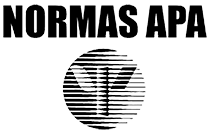Call for submissions for the special issue “Education and digital resilience: opportunities, challenges, and equity”
This monograph aims to analyze the post-pandemic impact on education and how it has made use of digital resilience, addressing the opportunities that still exist at various educational levels, as well as reflecting on the prevailing challenges and equity, exploring best practices incorporated into hybrid systems, diagnosing the educational well-being of the main educational actors, and finding new proposals in public policies generated by pandemic experiences, all of this to contribute to reflection and analysis of its use in the university context.
Read more about Call for submissions for the special issue “Education and digital resilience: opportunities, challenges, and equity”





























